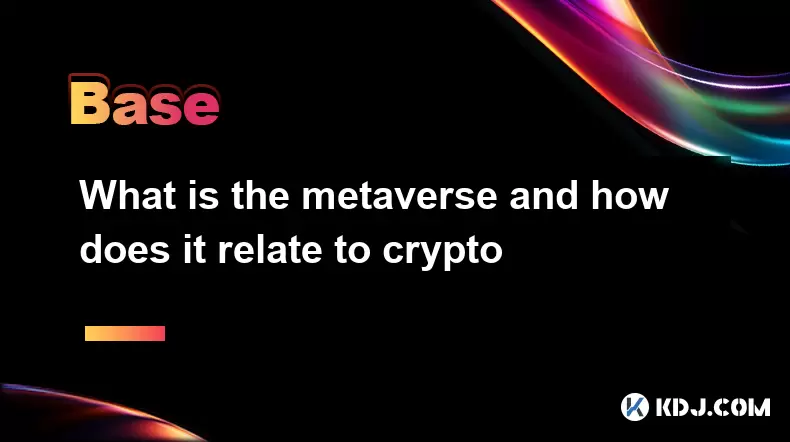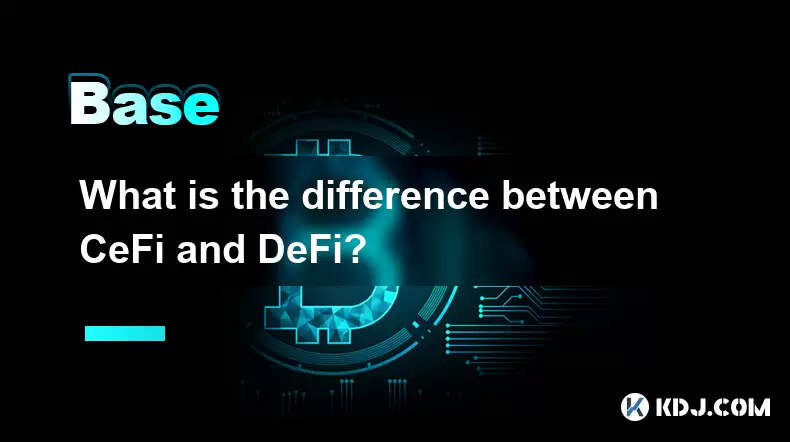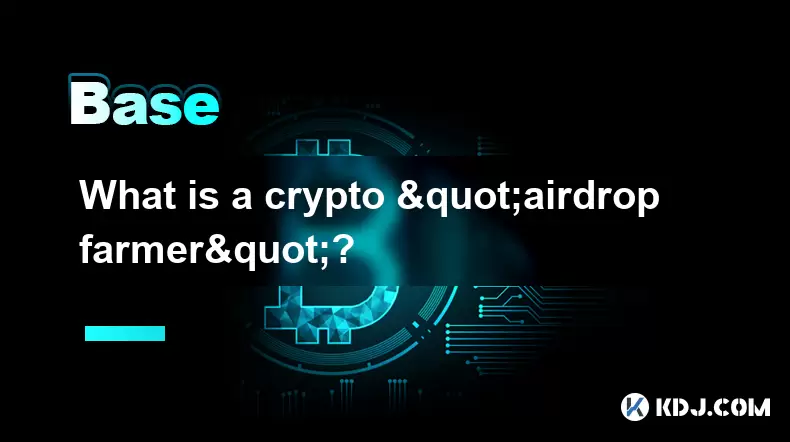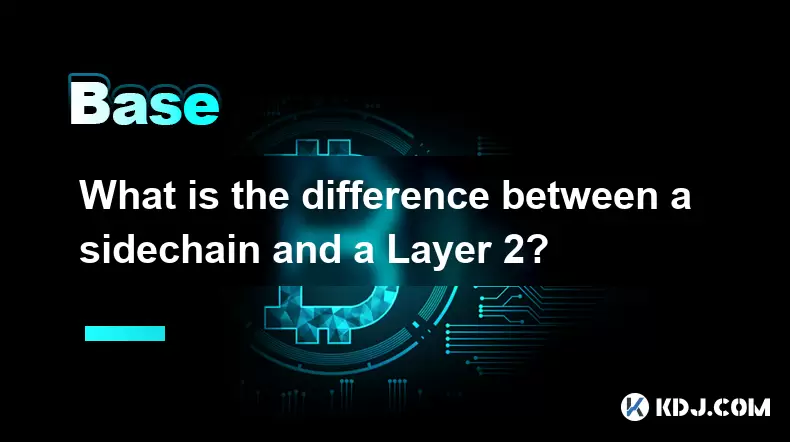-
 Bitcoin
Bitcoin $115100
-2.99% -
 Ethereum
Ethereum $3642
-1.38% -
 XRP
XRP $3.027
-5.51% -
 Tether USDt
Tether USDt $1.000
-0.05% -
 BNB
BNB $763.4
-1.32% -
 Solana
Solana $177.2
-5.42% -
 USDC
USDC $0.9999
-0.02% -
 Dogecoin
Dogecoin $0.2247
-6.47% -
 TRON
TRON $0.3135
0.23% -
 Cardano
Cardano $0.7824
-4.46% -
 Hyperliquid
Hyperliquid $42.53
-0.97% -
 Stellar
Stellar $0.4096
-6.09% -
 Sui
Sui $3.662
-2.61% -
 Chainlink
Chainlink $17.63
-3.57% -
 Bitcoin Cash
Bitcoin Cash $536.3
2.94% -
 Hedera
Hedera $0.2450
0.34% -
 Avalanche
Avalanche $23.23
-3.15% -
 Litecoin
Litecoin $112.2
-1.23% -
 UNUS SED LEO
UNUS SED LEO $8.976
-0.30% -
 Shiba Inu
Shiba Inu $0.00001341
-2.72% -
 Toncoin
Toncoin $3.101
-2.44% -
 Ethena USDe
Ethena USDe $1.001
-0.05% -
 Uniswap
Uniswap $10.08
-1.97% -
 Polkadot
Polkadot $3.938
-2.77% -
 Monero
Monero $323.9
0.87% -
 Dai
Dai $0.9999
-0.02% -
 Bitget Token
Bitget Token $4.481
-1.69% -
 Pepe
Pepe $0.00001199
-5.94% -
 Aave
Aave $288.2
-0.68% -
 Cronos
Cronos $0.1279
0.36%
What is the metaverse and how does it relate to crypto
The metaverse, powered by blockchain and crypto, offers immersive virtual experiences where users own data, assets, and identities across decentralized platforms.
Jul 13, 2025 at 03:56 pm

Understanding the Concept of the Metaverse
The metaverse refers to a collective virtual shared space created by the convergence of virtually enhanced physical reality and persistent virtual spaces. It is often envisioned as an evolution of the internet, where users can interact with each other and digital environments in real time through avatars or digital representations. Unlike traditional online platforms, the metaverse aims to offer a seamless, immersive experience that blends augmented reality (AR), virtual reality (VR), blockchain technology, and artificial intelligence.
At its core, the metaverse represents a shift from a 2D web-based internet to a 3D spatial one. In this context, users own their data, identity, and assets, which are portable across different platforms. This concept has gained significant traction due to advancements in decentralized technologies, particularly those powered by blockchain and cryptocurrencies.
The Role of Blockchain in Building the Metaverse
Blockchain technology serves as the foundational infrastructure for many aspects of the metaverse. It provides a decentralized framework that ensures transparency, security, and user control over digital assets. One of the most critical applications of blockchain in the metaverse is the use of non-fungible tokens (NFTs) to represent ownership of virtual land, items, and even avatars.
In platforms like Decentraland, The Sandbox, and Axie Infinity, users can buy, sell, and trade virtual real estate using cryptocurrency. These transactions are recorded on the blockchain, making them immutable and verifiable. The integration of smart contracts further enhances trust and automation in interactions within the metaverse. For instance, when a user rents out virtual property, smart contracts can automatically enforce terms without intermediaries.
Cryptocurrencies as the Economic Backbone of the Metaverse
Cryptocurrencies function as the primary medium of exchange within the metaverse economy. Just as fiat currencies power physical economies, digital currencies enable transactions in virtual worlds. Platforms often have their native tokens—such as MANA for Decentraland or SAND for The Sandbox—that users must acquire to participate in governance, purchase goods, or engage in activities.
Beyond platform-specific tokens, general-purpose cryptocurrencies like Ethereum (ETH) also play a role. Users may pay transaction fees, mint NFTs, or invest in virtual assets using ETH or stablecoins. The decentralized finance (DeFi) ecosystem also intersects with the metaverse, enabling lending, borrowing, and staking of assets tied to virtual worlds.
User Ownership and Interoperability in the Metaverse
One of the defining features of the metaverse enabled by crypto is true digital ownership. Traditional online platforms typically retain control over user-generated content and digital assets. However, in blockchain-based metaverse environments, users can truly own and transfer their assets freely.
Interoperability is another key aspect. With blockchain standards like ERC-721 and ERC-1155, NFTs can be used across multiple platforms. For example, a digital outfit purchased in one game can be worn by an avatar in another compatible environment. This level of portability is only possible due to decentralized protocols and open-source frameworks that underpin the metaverse.
Challenges and Limitations of Crypto Integration in the Metaverse
Despite the promising synergy between the metaverse and crypto, several challenges remain. Scalability issues plague many blockchain networks, leading to high gas fees and slow transaction times. While layer-2 solutions and alternative blockchains are addressing these concerns, widespread adoption requires further optimization.
Security is another concern. Smart contract vulnerabilities, phishing attacks, and wallet thefts pose risks to users’ digital assets. Moreover, regulatory uncertainty around NFTs, DeFi, and token sales creates legal ambiguity for developers and participants alike. As the metaverse evolves, robust security protocols and clear regulatory guidelines will be essential for sustainable growth.
Frequently Asked Questions
- What types of crypto projects are currently involved in building the metaverse?
Projects such as Decentraland, The Sandbox, Axie Infinity, and Somnium Space are actively developing metaverse ecosystems. These platforms integrate blockchain, NFTs, and native tokens to create decentralized virtual worlds.
Can I access the metaverse without using crypto?
Some centralized versions of the metaverse, like Meta's Horizon Worlds, do not require cryptocurrency. However, in decentralized versions, crypto is necessary for true ownership, transactions, and participation in governance. How does NFT technology enhance the metaverse experience?
NFTs allow users to prove ownership of unique digital items such as virtual land, clothing, or artwork. They enable scarcity, provenance tracking, and cross-platform usage, enhancing both utility and value in the metaverse. Are there any privacy concerns related to using crypto in the metaverse?
While blockchain offers transparency, it also raises privacy concerns since transactions are publicly visible. Some platforms implement zero-knowledge proofs or private chains to protect user identities while maintaining decentralization. Disclaimer:info@kdj.com
The information provided is not trading advice. kdj.com does not assume any responsibility for any investments made based on the information provided in this article. Cryptocurrencies are highly volatile and it is highly recommended that you invest with caution after thorough research!
If you believe that the content used on this website infringes your copyright, please contact us immediately (info@kdj.com) and we will delete it promptly.
- Crypto ETFs: Analyzing the 2025 Boom and Beyond
- 2025-07-26 00:30:12
- Bitcoin Swift (BTC3): Last Call for Presale Stage 1!
- 2025-07-25 23:10:12
- Altcoins of the Decade: Unearthing the Top 3 Crypto Titans
- 2025-07-25 23:50:11
- Bitcoin, Presales, and Crypto Buys: What's Hot in the NYC Crypto Scene?
- 2025-07-25 23:50:11
- BlockDAG, LINK, and Uniswap: Navigating the Crypto Landscape with Real-World Utility
- 2025-07-25 23:55:12
- Tyre Legalities and the 20p Coin Test: What Motoring Experts Want You to Know
- 2025-07-25 23:55:12
Related knowledge

What is the difference between CeFi and DeFi?
Jul 22,2025 at 12:28am
Understanding CeFi and DeFiIn the world of cryptocurrency, CeFi (Centralized Finance) and DeFi (Decentralized Finance) represent two distinct financia...

How to qualify for potential crypto airdrops?
Jul 23,2025 at 06:49am
Understanding What Crypto Airdrops AreCrypto airdrops refer to the distribution of free tokens or coins to a large number of wallet addresses, often u...

What is a crypto "airdrop farmer"?
Jul 24,2025 at 10:22pm
Understanding the Role of a Crypto 'Airdrop Farmer'A crypto 'airdrop farmer' refers to an individual who actively participates in cryptocurrency airdr...

What is the difference between a sidechain and a Layer 2?
Jul 20,2025 at 11:35pm
Understanding the Concept of SidechainsA sidechain is a separate blockchain that runs parallel to the main blockchain, typically the mainnet of a cryp...

What is the Inter-Blockchain Communication Protocol (IBC)?
Jul 19,2025 at 10:43am
Understanding the Inter-Blockchain Communication Protocol (IBC)The Inter-Blockchain Communication Protocol (IBC) is a cross-chain communication protoc...

How does sharding improve scalability?
Jul 20,2025 at 01:21am
Understanding Sharding in BlockchainSharding is a database partitioning technique that is increasingly being adopted in blockchain technology to enhan...

What is the difference between CeFi and DeFi?
Jul 22,2025 at 12:28am
Understanding CeFi and DeFiIn the world of cryptocurrency, CeFi (Centralized Finance) and DeFi (Decentralized Finance) represent two distinct financia...

How to qualify for potential crypto airdrops?
Jul 23,2025 at 06:49am
Understanding What Crypto Airdrops AreCrypto airdrops refer to the distribution of free tokens or coins to a large number of wallet addresses, often u...

What is a crypto "airdrop farmer"?
Jul 24,2025 at 10:22pm
Understanding the Role of a Crypto 'Airdrop Farmer'A crypto 'airdrop farmer' refers to an individual who actively participates in cryptocurrency airdr...

What is the difference between a sidechain and a Layer 2?
Jul 20,2025 at 11:35pm
Understanding the Concept of SidechainsA sidechain is a separate blockchain that runs parallel to the main blockchain, typically the mainnet of a cryp...

What is the Inter-Blockchain Communication Protocol (IBC)?
Jul 19,2025 at 10:43am
Understanding the Inter-Blockchain Communication Protocol (IBC)The Inter-Blockchain Communication Protocol (IBC) is a cross-chain communication protoc...

How does sharding improve scalability?
Jul 20,2025 at 01:21am
Understanding Sharding in BlockchainSharding is a database partitioning technique that is increasingly being adopted in blockchain technology to enhan...
See all articles

























































































